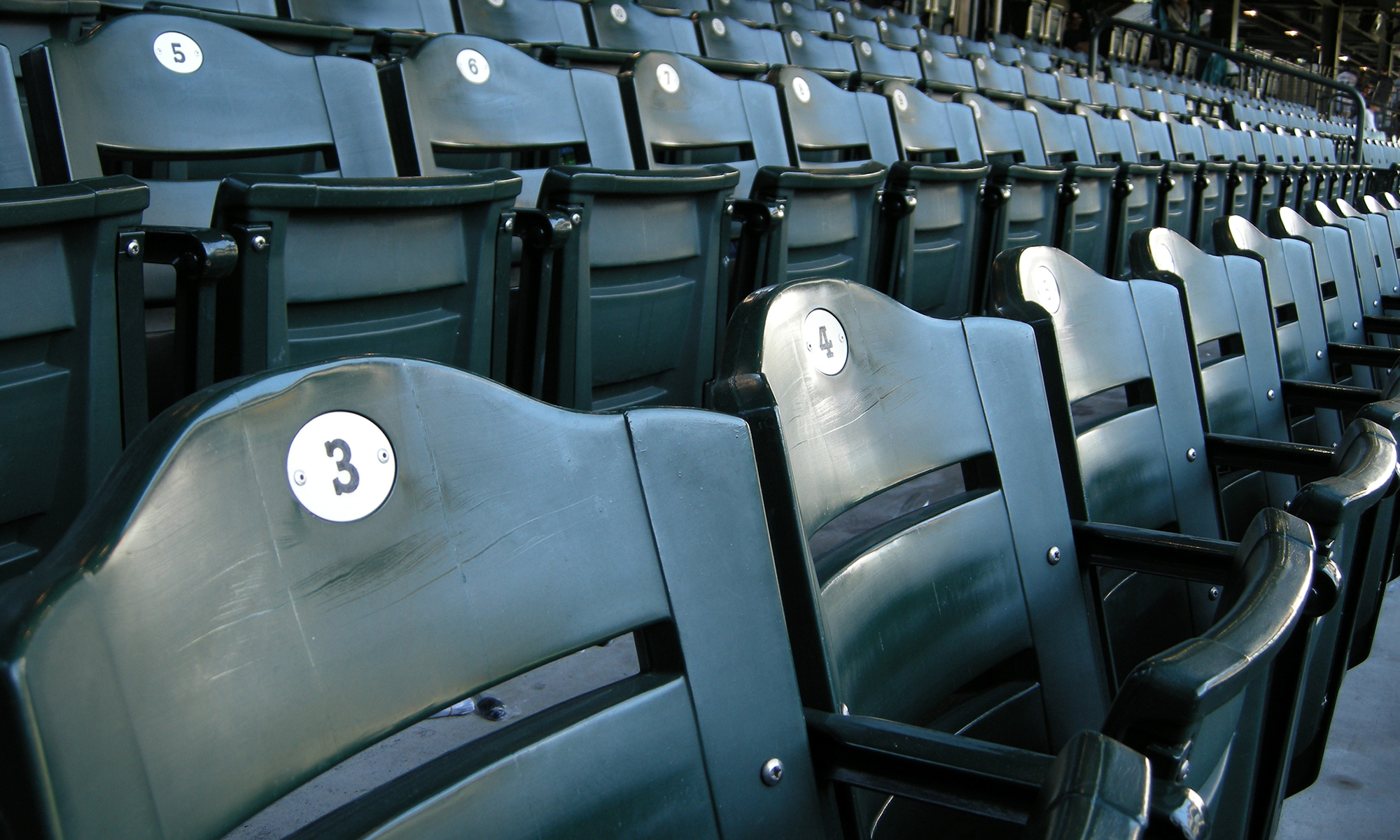As the calendar turns from 2025 to 2026, developments in college athletics continue to unfold at a rapid pace, with meaningful implications for universities, athletes, agents, and other industry participants.
Just last month, the Federal Trade Commission (“FTC”) signaled that the federal government may be turning its attention to the largely unregulated market of agents representing college athletes. The FTC publicized that it had sent letters to twenty National Collegiate Athletic Association (“NCAA”) member institutions seeking information relevant to determining whether sports agents representing student-athletes of those schools had complied with the requirements of the Sports Agent Responsibility and Trust Act (“SPARTA”), a rarely invoked federal statute enacted more than two decades ago.
For now, the FTC’s actions represent only a limited informational request from a relatively small number of schools; however, the FTC’s January 2026 letters represent one of the most visible compliance initiatives undertaken pursuant to SPARTA since its enactment. The FTC’s inquiry underscores the broader reality that college athletics remains a deeply unsettled landscape, presenting novel and evolving challenges that increasingly require sophisticated legal guidance.
The Largely Unregulated Market for Collegiate Sports Agents
Prior to the name, image, and likeness (“NIL”) boom, sports agents representing college athletes in negotiations with their own institutions or other industry participants was effectively unheard of due to the prohibition on student-athletes receiving compensation of any kind. That changed rapidly over the past five years. The NCAA’s retreat on NIL restrictions, combined with the advent of permissible revenue-sharing models, fundamentally altered the economics of college sports. Almost overnight, a cottage industry of “collegiate” sports agents emerged to represent athletes in negotiations with universities, NIL collectives, and third-party sponsors.
In professional sports, agent conduct is largely regulated through collectively bargained frameworks. For example, under the National Football League’s current Collective Bargaining Agreement, the NFL Players Association is responsible for agent certification and discipline, establishing standards of conduct and acting as a gatekeeper for those seeking to represent NFL players.
Currently, college athletics has no comparable structure. Absent any federal legislation, and because college athletes have not been universally recognized as employees, there is no players’ union, no collective bargaining, no certification regime, and no industry-wide standards governing agent conduct. As a result, virtually anyone—regardless of experience or qualification—may represent the hundreds of thousands of college athletes in the United States.
The absence of any certification and industry oversight increases the risk of abusive practices and unprofessional conduct, potentially harming not only athlete clients but also the institutions and third parties with whom agents negotiate.
The FTC Invokes SPARTA
Against that backdrop, it is unsurprising that the FTC has taken preliminary steps to address this void. On January 12, 2026, the agency sent form letters to twenty unidentified schools seeking documents and information concerning sports agents who had represented student-athletes at those institutions. Specifically, the FTC requested:
- Identifying information for agents who represented student-athletes;
- The dates on which agents notified schools that student-athletes had entered into agency contracts;
- Whether the schools had received complaints or reports concerning agent conduct; and
- Copies of agency contracts entered into by student-athletes at the schools.
The FTC grounded its requests in SPARTA, a federal statute enacted in 2004 to protect student-athletes and preserve the integrity of amateur collegiate athletics. SPARTA applies to any contractual agreement authorizing an individual “to negotiate or solicit on behalf of the student athlete a professional sports contract or an endorsement contract.” 15 U.S.C. § 7801(1).
Among other things, SPARTA prohibits agents from furnishing improper inducements or making false statements to secure representation, requires specific disclosures to student-athletes, and obligates agents to notify athletic institutions when an agency contract is executed. 15 U.S.C. § 7802. Notably, however, neither SPARTA nor its implementing regulations require that agency contracts be provided to schools or the NCAA. SPARTA does, however, attach certain monetary penalties for statutory violations, although it has rarely been enforced.
In addition, SPARTA is triggered only when an agency contract authorizes negotiation of a professional sports contract or an endorsement contract. Consequently, while most NIL brand deals fall within its purview, representation focused solely on university–athlete compensation or revenue‑sharing arrangements may not. Most agency agreements authorize endorsement negotiations, and thus SPARTA would apply even where the agent’s primary work involves institutional compensation. SPARTA’s trigger turns on contractual authority. Gray areas arise with bundled services (e.g., roster retention payments paired with brand activations) or collective‑funded arrangements that include marketing deliverables. In those mixed contexts, counsel should assume SPARTA coverage and structure disclosures and notices accordingly.
Despite the countless changes over the last decade that have reshaped college sports, SPARTA has largely remained dormant. Federal oversight of sports agents has not been a significant priority for Congress or the FTC, and reported enforcement activity under the statute has been minimal. However, it appears that such dormancy is starting to change, and the FTC’s January 2026 letters indicate a growing interest for federal oversight of agency representation in college sports.
What Comes Next?
How far the FTC’s inquiry will extend—and how consequential it will be—remains uncertain. Even if all twenty recipient institutions are Division I FBS schools, they represent less than fifteen percent of such programs nationwide. The FTC’s requests are also relatively narrow and, in some cases, seek information schools may not possess. More fundamentally, SPARTA is not a substitute for a comprehensive certification regime or uniform industry standards. Any durable solution will likely require congressional action or a collectively bargained framework, which could provide stakeholders with some stability in an otherwise fragmented and increasingly risky regulatory landscape.
